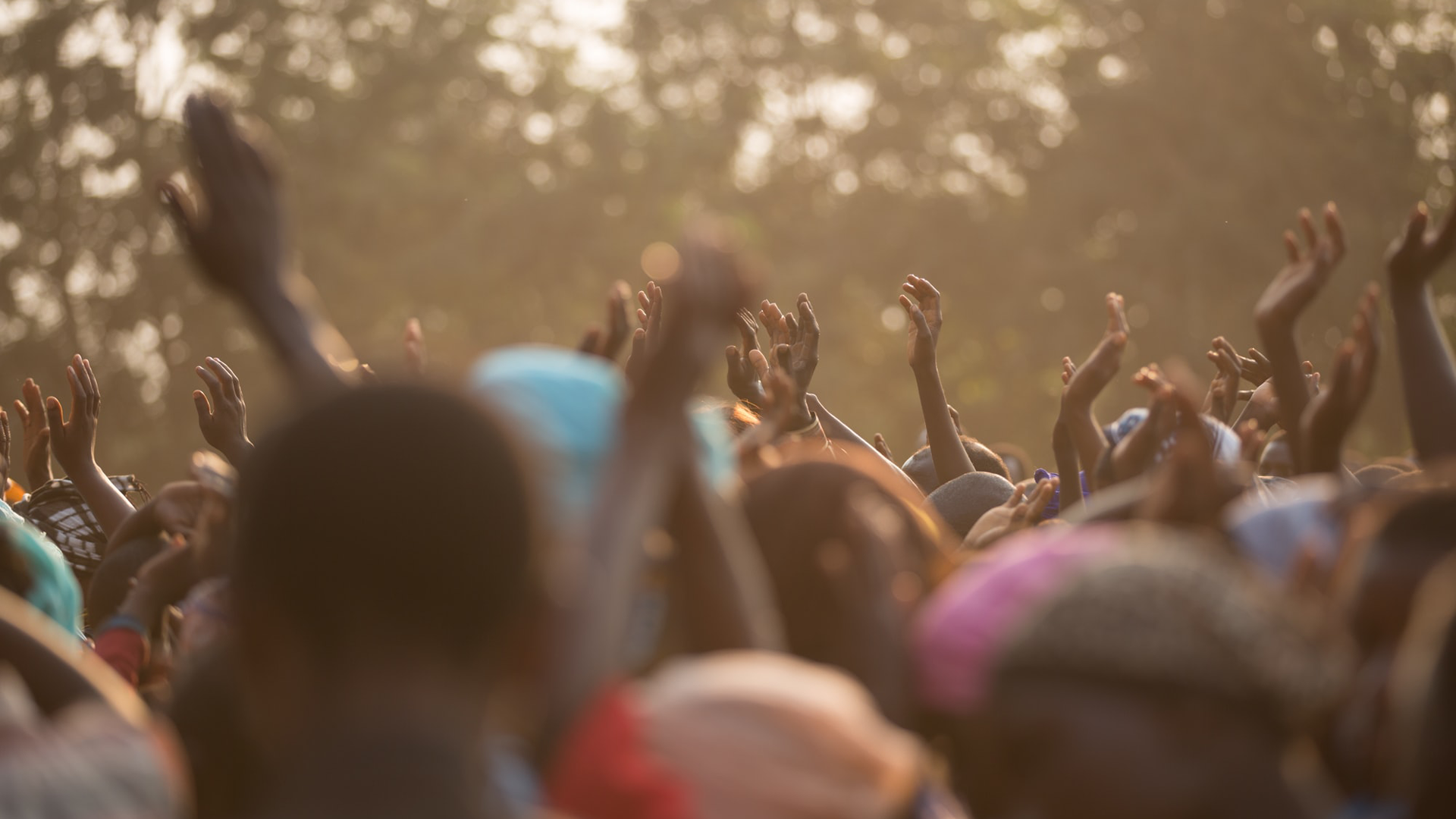Overview
For the past 50 years, World Challenge has partnered with churches across the globe who share our burden to see impoverished and unreached people come to experience fullness of life in Jesus.
As Jesus entered communities 2,000 years ago, He dealt both with people’s spiritual and physical afflictions. We believe the church of today is called to continue doing so.
We aim to walk alongside indigenous churches and ministries serving in disadvantaged communities, by providing them with training, mentorship, and financial assistance so they effectively can serve the neediest community members. We do so by:
-
Assist widows, the elderly, orphans and addicts with food, housing and clear Gospel presentations.
-
Equipping local churches to set up community programs that help disciple able-bodied families as they learn new skills to combat poverty and poor health, using locally available resources.
Purpose Statement
Equipping the Church to facilitate transformation of individuals, families and communities.
Ministry Core Values
Integration
We are personally committed to complete obedience to all that Jesus commanded, including compassion for the physical needs of people as well as evangelism and discipleship. We recognize an integral relationship between the physical, mental, social, and spiritual. Our programs seek the total development of the whole person and community.
Commitment to the Poor and Marginalized
Jesus came to preach good news to the poor. As His ambassadors we are committed to the poor and marginalized. We affirm their worth, call them to be children of God through faith in Christ, and seek to release them from brokenness and despair.
Long-Term Solutions
We concentrate our efforts on long-term solutions that break the cycle of poverty and disease. We train, equip, and empower people to do for themselves. We focus on development rather than relief, and disease prevention rather than cure.
Local Ownership and Initiative
Sustainable programs are owned by the people and built on local initiative. Ownership and initiative is demonstrated through volunteerism and strengthened through capacity building. We take time in communities to participate with the people in assessing their needs, identifying resources, and assisting them in organizing for action through training and consultation.
Participatory Learning
We believe people must be active participants in their own development. Therefore, we use methods for adult learning that engage participants in a process of reflection and action. We also believe people learn by doing, and that modeling is essential.
Multiplication and Movements
Our aim is not merely projects, but movements. This is facilitated by training people to train others using concepts that are transferable. We emphasize the use of local resources and appropriate technologies so that solutions can be passed along neighbor to neighbor. We build cooperation and vision at a community level. We work collaboratively with faith- and community-based organizations, local and international relief and development agencies, churches and missions, as well as governments to facilitate the transformation of communities and nations.
Christian Servant Leadership
Jesus is our model. We seek to imitate him in humility and love. Jesus taught that the greatest in the kingdom is the servant of all. Every leader in our organization is Christian, and each one a servant. We seek to model servant leadership in our organization and programs and raise up leaders in every community who give sacrificially to serve the needs of the people.
Contextualization
Our programs will be adapted to local needs and requirements as identified by the local community.

